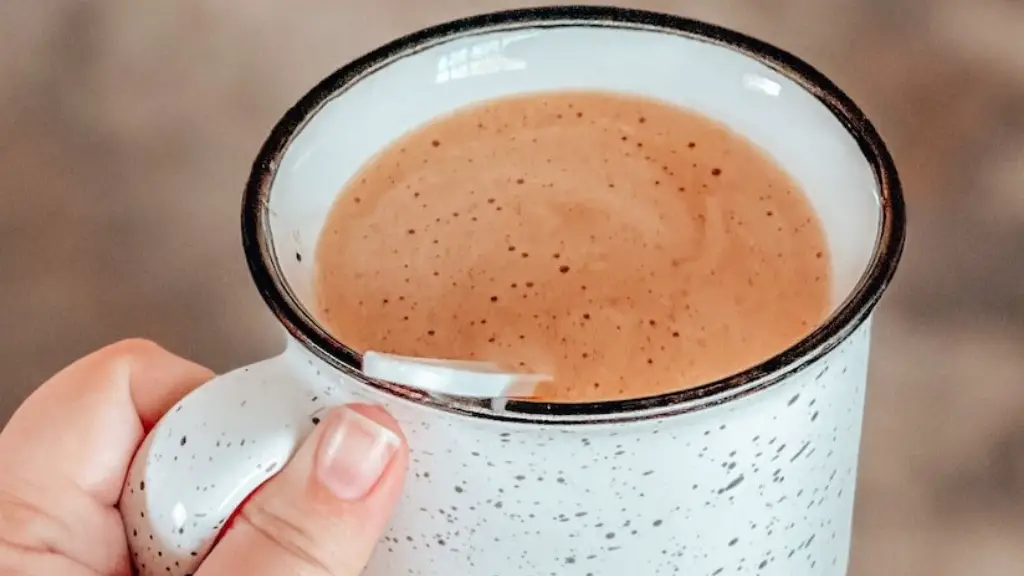Coffee & Ayurveda Medicine: A Debated Combination
Many people love to start their day with a steaming cup of coffee, while there are people who pursue alternative medicine to heal chronic and serious illnesses. Some people follow ayurvedic medicine, a holistic approach to health which looks at the entire body, mind, and spirit to develop a balanced lifestyle and prevent illness.
Naturally, if a person is using ayurvedic medicine, they may ponder whether they should continue to drink coffee or not. Let’s explore the different perspectives around drinking coffee while taking ayurvedic medicine and compare them to the scientific evidence.
Ayurvedic Medicine
Ayurveda is an ancient form of healing that originated in India about 5000 years ago. According to this form of holistic healing, everyone has a unique combination of elements within them that defines their physical and mental health. Those elements are known as doshas, and they are divided into three main types: Vata, Pitta and Kapha.
In general, the practice of ayurveda involves making dietary and lifestyle changes that are designed to bring balance to the body’s doshas and maintain health. Because of its holistic approach, ayurvedic medicine has been gaining popularity in recent years, even though it has been around for thousands of years.
Ayurvedic medicine is known for its preventative approach to health. Therefore, it focuses on creating habits that can lead to overall wellbeing and long-term health.
Coffee and Caffeine Intake
Coffee is one of the most widely consumed beverages in the world. The caffeine content in coffee is responsible for the energy boost that coffee drinkers experience.
Caffeine is classified as a stimulant drug that can have positive and negative effects on the body when consumed in the right and the wrong combinations, respectively. It can provide an energy boost, increase mental alertness, and improve physical performance. On the other hand, too much caffeine can result in insomnia, irritability, and restlessness.
Caffeine also has an impact on the body’s energy levels and can affect how it digests and absorbs other nutrients. Therefore, drinking coffee while taking ayurvedic medicine is a debatable prospect, depending on the body’s individual constitution.
The Ayurvedic View
Ayurvedic medicine views coffee as something that has a cooling effect on the body and mind, and sees it as too stimulating for regular consumption. According to ayurvedic practitioners, drinking coffee can cause a disruption in the body’s three doshas, or energies, and lead to imbalances in the body’s natural system.
Ayurveda practitioners also view both the caffeine and tannins in coffee as bad for digestion and overall health, and advise against consuming coffee while taking ayurvedic medicine as this could interfere with the process of healing.
The Scientific Perspective
While ayurveda advises against drinking coffee while taking ayurvedic medicine, there is not enough scientific evidence to prove this claim. Studies have shown that caffeine is an effective pain reliever and can even alleviate headaches and other common ailments.
It is also worth noting that different people may react differently to coffee, depending on their caffeine metabolism and other factors such as age, diet, health and lifestyle. Therefore, it is impossible to make a blanket statement and conclude that coffee is bad for all individuals.
In addition, research suggests that small amounts of caffeine may actually have a positive effect on cognitive function and memory. The impact of caffeine on memory can vary depending on the individual’s age, gender, genetics, and lifestyle.
Making The Right Choice
Even though some studies support the idea that coffee has positive effects on the body, it is wise to be mindful of your caffeine intake and understand how your body responds best to it. If you are taking ayurvedic medicine, it is best to first consult with a certified ayurvedic practitioner or your physician regarding your caffeine intake.
Your ayurvedic practitioner or doctor may suggest that you reduce or limit your coffee intake while taking ayurvedic medicine, as it could potentially hinder the process of healing. They may also advise that you drink something other than coffee, such as green tea, which is known for its high antioxidants content.
It is important to note that the effects of coffee vary from individual to individual and the best way to find out your ideal caffeine limit is by monitoring your mood, energy levels and sleep patterns each day. Pay close attention to your body and practice mindfulness when it comes to your caffeine consumption.
What About Decaf Coffee?
Decaf coffee continues to be a debated subject. While it is seen as a healthier alternative, it still contains trace amounts of caffeine. One study suggests that decaf coffee can still lead to an increase in heart rate and blood pressure. However, this only appears to be true if the person consuming the coffee is already in a state of anxiety.
If you are trying to cut down on your caffeine consumption or are taking ayurvedic medicine and want to still enjoy a cup of coffee, opt for a decaffeinated variety. Decaffeinated coffee can also provide other health benefits.
One study suggests that certain compounds found in coffee, including polyphenols, may help fight inflammation. In general, consuming moderate amounts of decaffeinated coffee is generally considered safe and can still provide some of the benefits associated with coffee.
Coffee Alternatives
If you are looking for alternatives to coffee, there are plenty of other beverages to choose from, such as herbal teas, green tea, and other mild forms of caffeine.
Herbal teas are an excellent alternative to coffee, as they are naturally caffeine-free and can help to relax and soothe the body. Herbal teas can also provide a variety of health benefits, such as antioxidants, minerals, and vitamins.
Green tea has also become increasingly popular in recent years, as it provides a milder form of caffeine than coffee and can be enjoyed hot or cold. Research suggests that green tea can provide a range of health benefits, such as improved heart health and increased energy.
Kombucha tea is another option that is gaining traction, as it is high in healthy probiotics and is known for its antioxidant and anti-inflammatory properties. It also has a mild, pleasant taste and can be enjoyed hot or cold.
Conclusion
In conclusion, the effects of consuming coffee while taking ayurvedic medicine vary from person to person, and therefore it is best to consult a certified ayurvedic practitioner or physician before proceeding. Be mindful of your caffeine intake, pay attention to your body’s needs, and consider drinking other alternatives to coffee as well.





